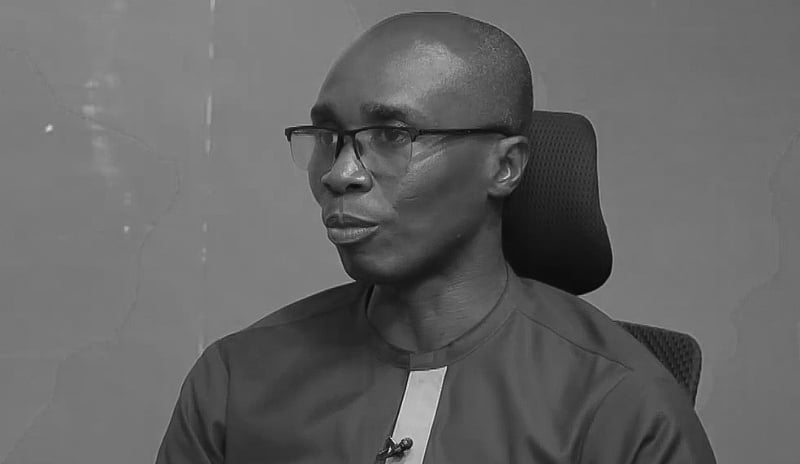Ahead of the official launch of the government‘s flagship 24-Hour Economy initiative, an economist at the University of Ghana Business School, Prof. Patrick Asuming, has observed that, on face value, the initiative appears to be an evolving framework capable of addressing the deep-rooted structural economic challenges of the country.
For Prof. Asuming who admits that he has not had the privilege of the full document yet, the bits and pieces of information he has come across seems to point to the direction that the policy seeks address the foundational problems that have long crippled Ghana’s economic breakthrough.
Speaking after a media briefing organized by the secretariat ahead of the launch, Prof. Asuming recounted that the original framing of the policy, centered on introducing a shift-based work system to extend economic activity across three daily cycles, was relatively narrow and operational in scope.

But recent articulations, especially in the Finance Minister’s 2025 Budget Statement, suggest a broader ambition. He says recent comments link the 24-Hour Economy to increased productivity, demand creation, and export-led growth.
The evolved framework, he believes, if successful, has the potential of turning around the fortunes of the country’s economy.
He sees the policy largely as a jobs-creation tool, aimed at reducing youth unemployment through multiple working shifts in sectors like health, transport, tourism, agro-processing, and manufacturing.
“Once we start talking about demand creation, export, and productivity, then we begin to see that maybe you are now starting to link it to the key structural challenges that the economy faces. But that is only in bits and pieces. I think to make it very meaningful, we need to get the complete document,” the economist remarked.

Ghana’s economy, many analysts have diagnosed as suffering from persistent structural bottlenecks: overdependence on imports, weak domestic manufacturing capacity, a narrow export base, and an informal sector that dominates employment but contributes minimally to tax revenues and productivity.
Dr. Asuming maintains that if the country can build a 24-Hour Economy that truly stimulates production, creates demand for local goods, drives exports, and enhances productivity, not only will jobs be created, but a drastic change in the structure of the economy.

While Prof. Asuming sees glimpses of structural alignment in the current framing, he cautions that the idea remains incomplete. What’s missing, he noted, is a comprehensive and coherent policy document that outlines how the various sectors, incentives, and infrastructure investments will interact to achieve systemic change.
Until then, he warns, there is a risk that the initiative may be misunderstood or underleveraged and reduced to a slogan rather than being embraced as a long-term strategy for competitiveness, resilience, and industrial growth.
Source: thehighstreetjournal


